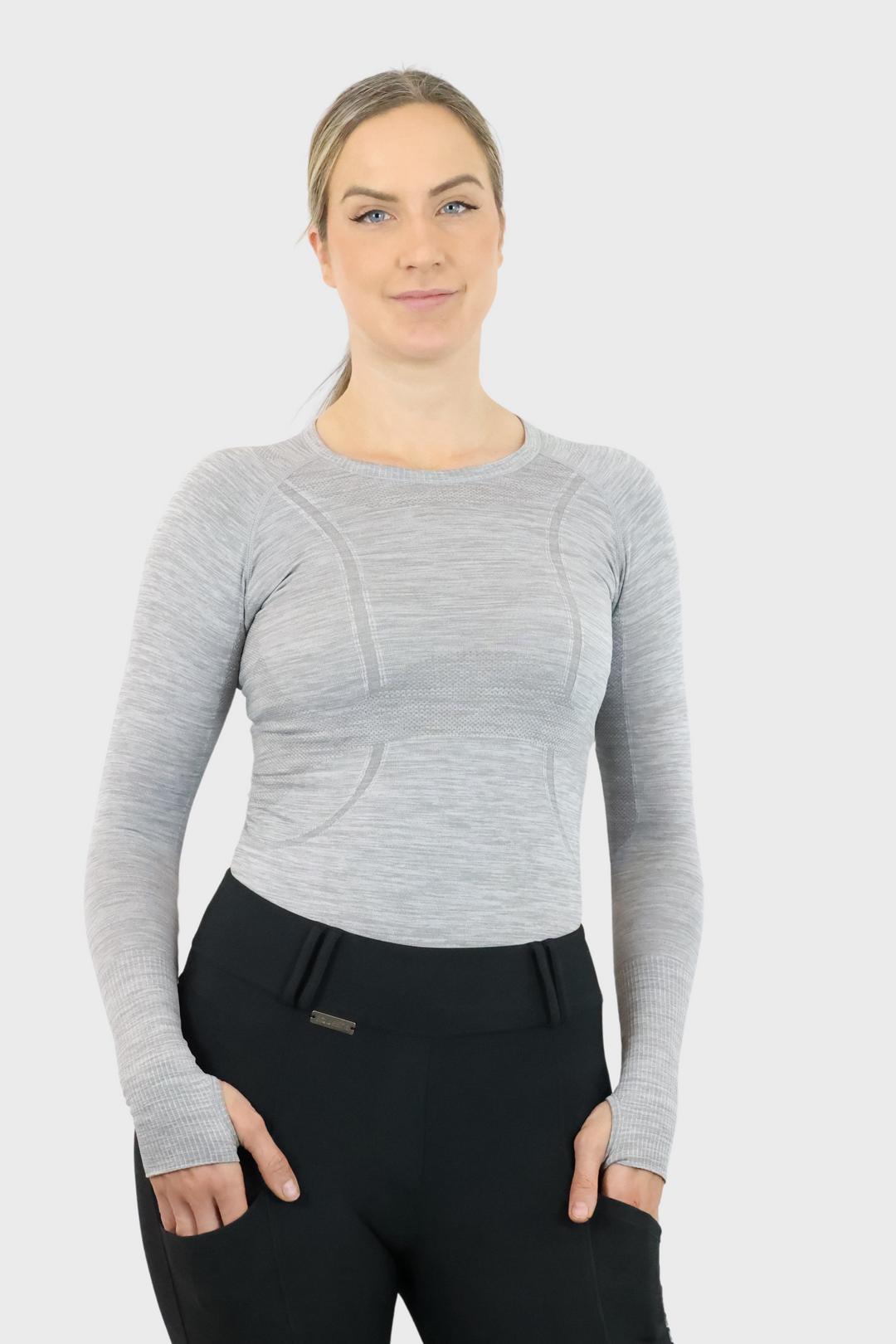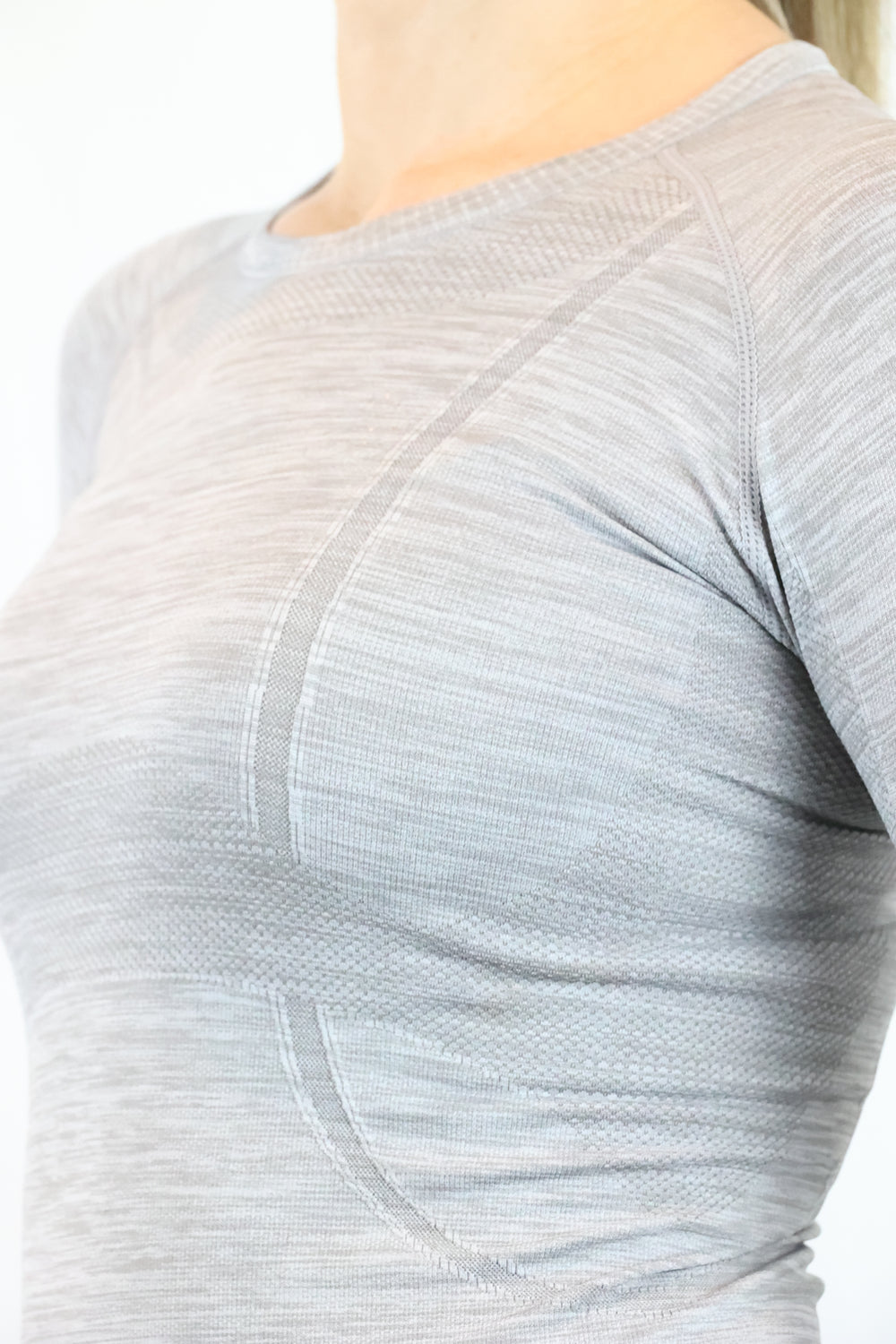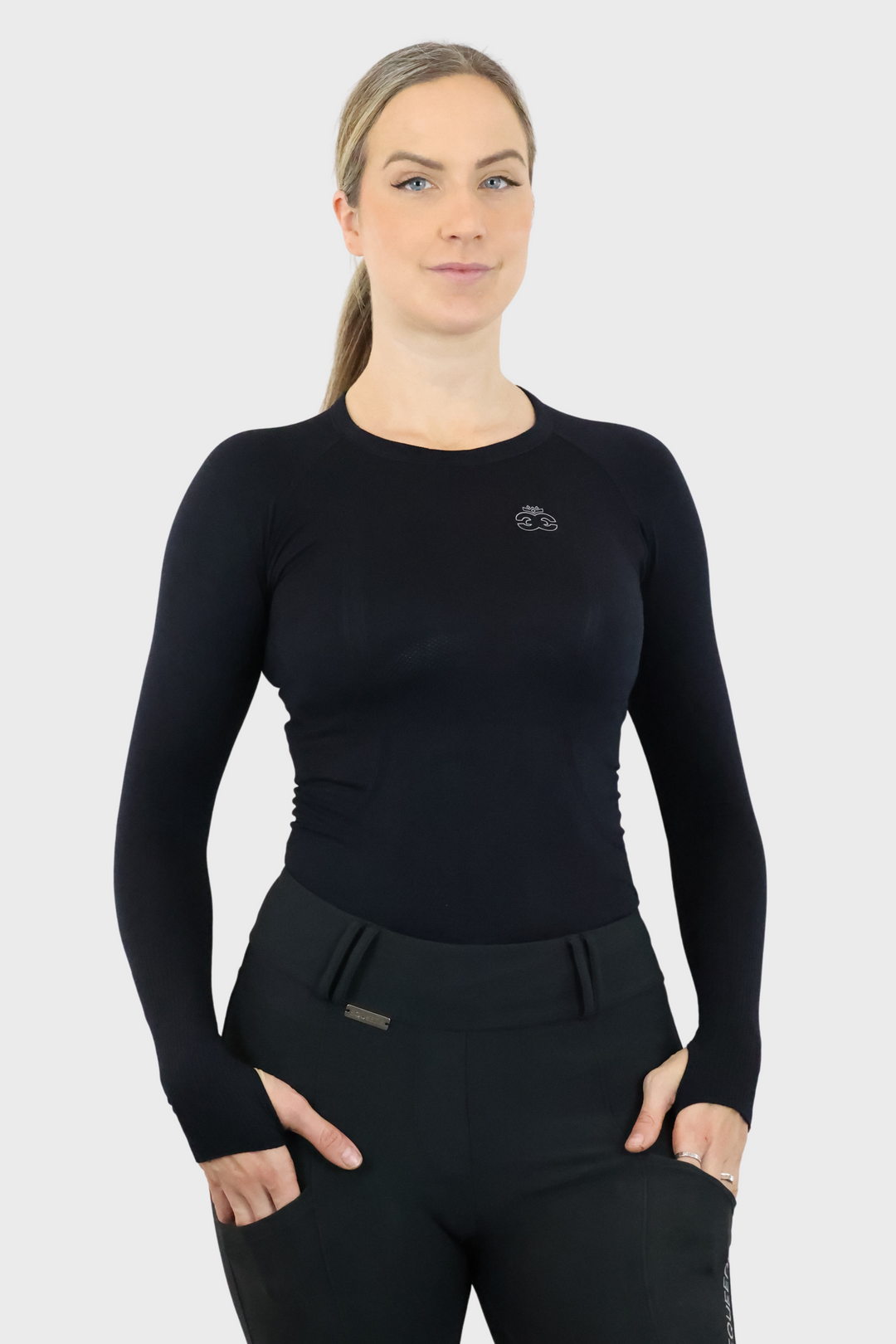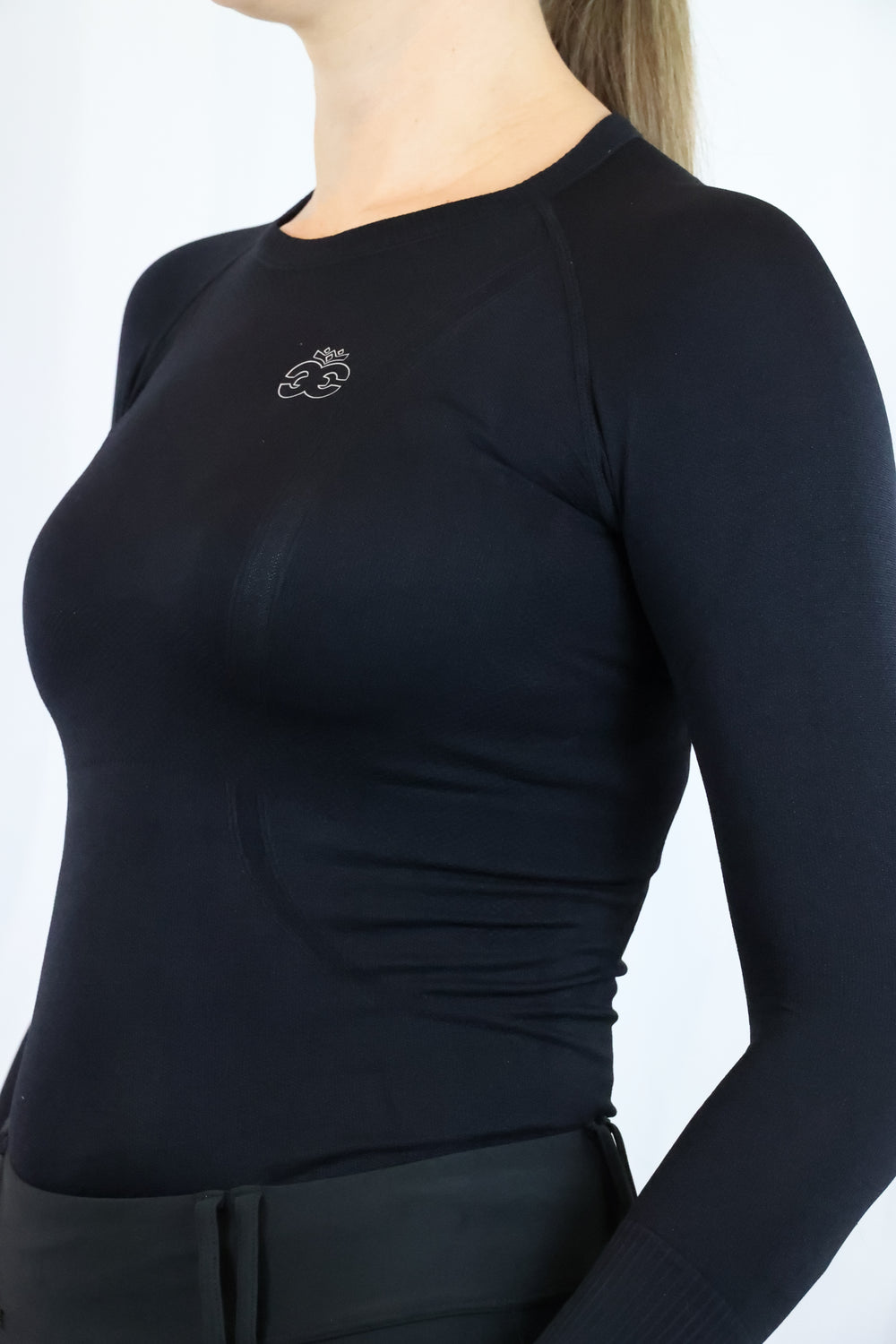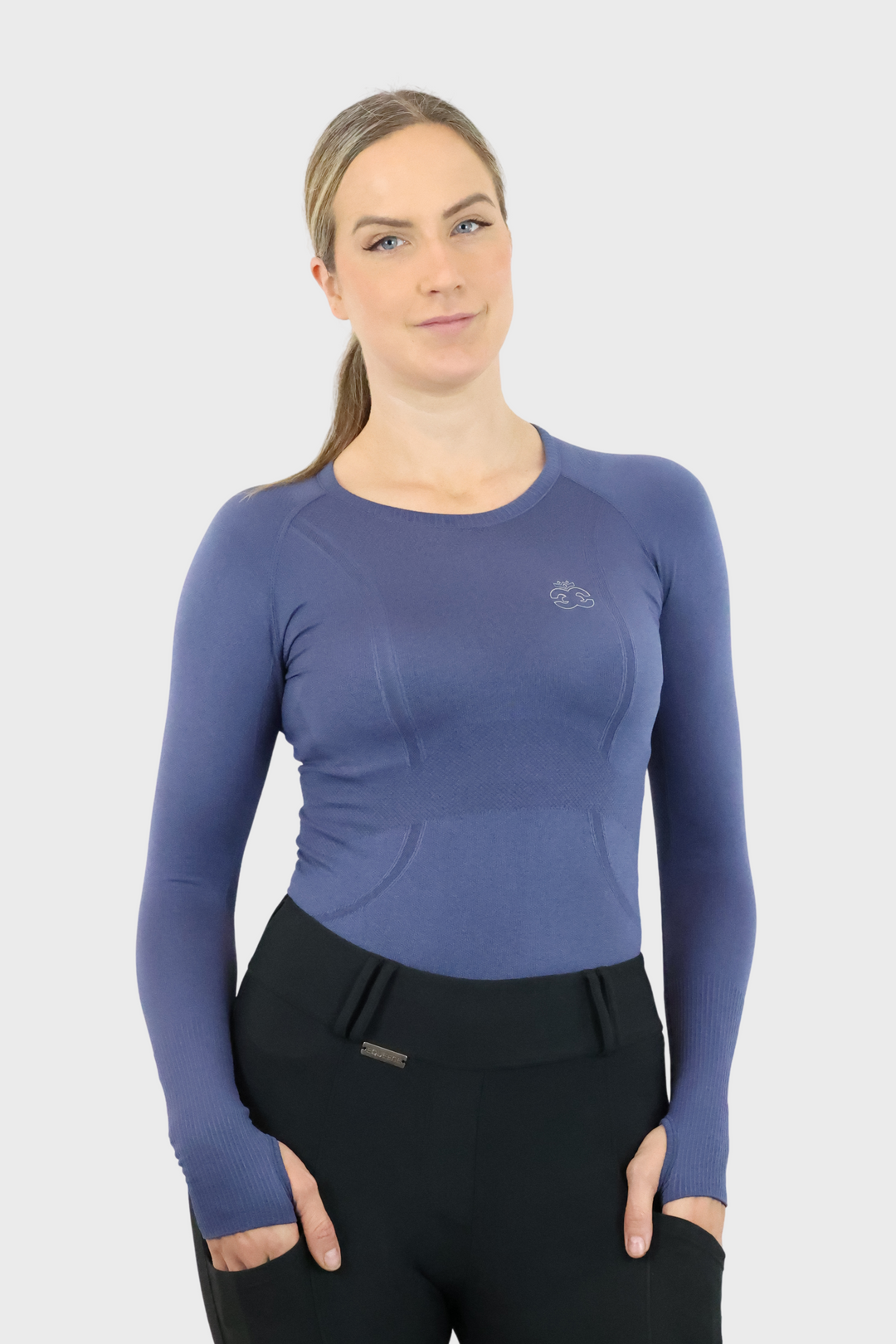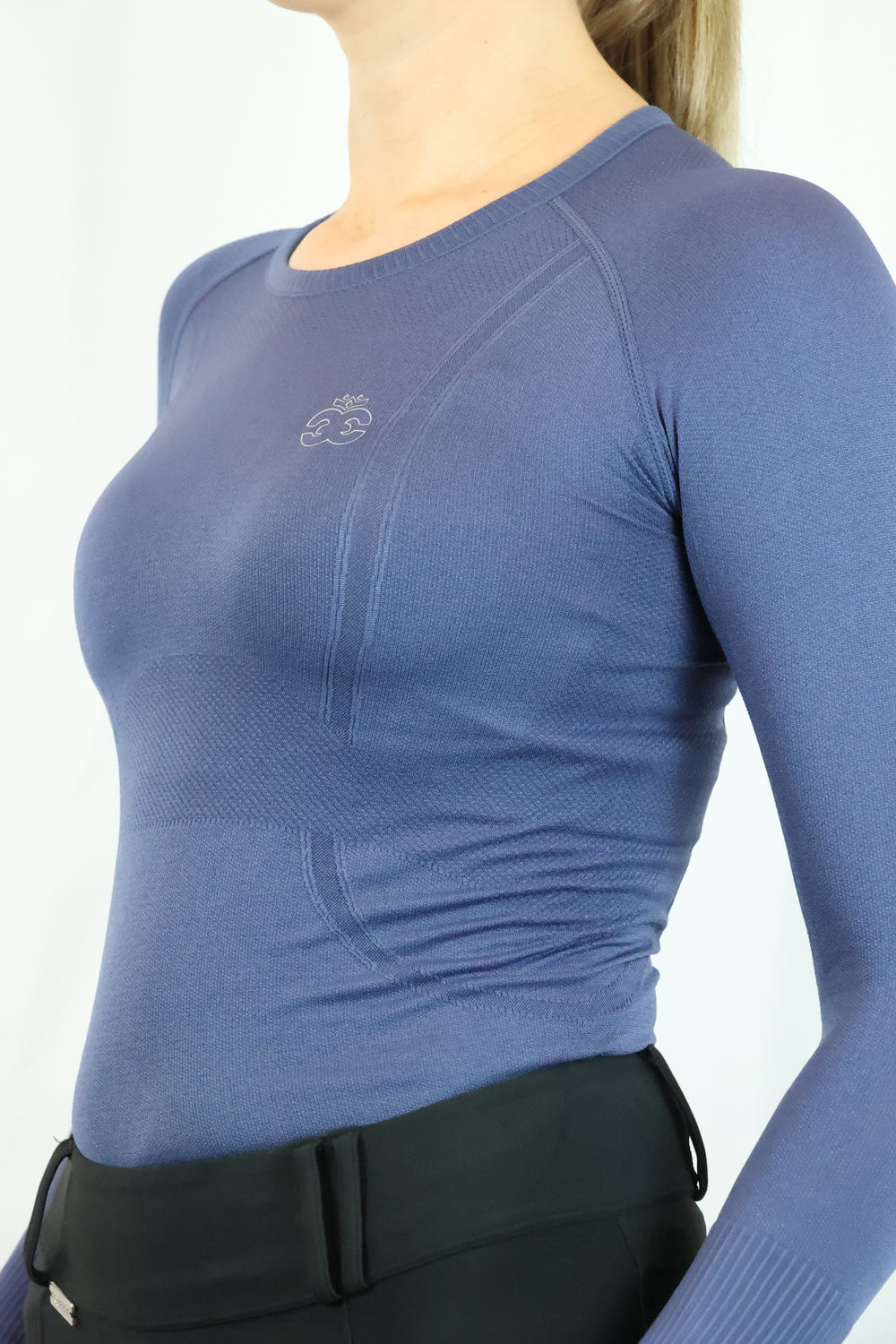Do you struggle to set out your show jumping exercises? We are here to help!
When it comes to training your horse for jumping, understanding the proper distances between fences is crucial. These distances serve as guidelines to help you and your horse navigate the course effectively. Keep in mind that these distances are guidelines for training purposes. The actual distances ultimately depend on your horse's stride length as well as on factors such as weather and the surface you’re riding on.
How do you determine the correct distances?
One way to determine the correct distances between fences is by practicing with ground poles. Start by setting up a series of ground poles at the desired distances to help you and your horse establish a rhythm. Pay attention to how your horse responds to the distances and make adjustments as needed.
What factors should you consider?
As you progress to jumping over actual fences, consider factors such as the height of the jump and the speed at which you approach it. Remember that as fences get higher, the distances will need to be adjusted accordingly, too. Take into account the terrain and weather conditions, as they can affect your horse's stride length and the way they approach the jump.
Why is it important to adjust the distances?
Adjusting the distances between fences is essential for the safety and success of both you and your horse. Properly adjusted distances allow your horse to take off and land comfortably, reducing the risk of accidents or injuries. By practicing and fine-tuning the distances, you can improve your horse's performance and confidence when jumping.
Remember, training for jumping distances is a process that requires patience and practice. By paying attention to your horse's stride length, adjusting the distances accordingly, and considering various factors, you can set yourself and your horse up for success in the jumping arena.
Check out our helpful fact sheet below so that you never have any trouble setting out your distances again!
DISTANCE BETWEEN TROTTING POLES
Horses 1.10 - 1.30 m
14’2 / 148 cm ponies 1.00 - 1.10 m
13’2 / 138 cm ponies 0.90 - 1.00 m
12’2 / 128 cm ponies 0.80 - 0.90 m
For raised trotting poles, it’s best to reduce the distance by at least 10 cm.
DISTANCE FROM TROTTING POLE TO SMALL FENCE
Horses 2.20 - 2.50 m
14’2 / 148 cm ponies 2.10 - 2.40 m
13’2 / 138 cm ponies 2.00 - 2.20 m
12’2 / 128 cm ponies 1.80 - 2.00 m
DISTANCE FROM CANTER POLE TO FENCE
Horses 2.80 - 3.50 m
14’2 / 148 cm ponies 2.70 - 3.10 m
13’2 / 138 cm ponies 2.40 - 2.90 m
12’2 / 128 cm ponies 2.10 - 2.50 m
For canter poles between two fences, it's best to place the first canter pole about 3.5 m after the initial fence for horses.
Recommended distances for practice
These are standard recommended distances between any two fences that you approach in canter. If the fences are smaller than approx. 1 m and you are riding a large horse, you may have to reduce the distances.
1 STRIDE
Horses 6.00 - 7.00 m
14’2 / 148 cm ponies 5.90 - 6.90 m
13’2 / 138 cm ponies 5.70 - 6.40 m
12’2 / 128 cm ponies 5.20 - 5.80 m
2 STRIDES
Horses 9.50 - 10.20 m
14’2 / 148 cm ponies 9.40 - 10.00 m
13’2 / 138 cm ponies 8.60 - 9.20 m
12’2 / 128 cm ponies 7.70 - 8.20 m
3 STRIDES
Horses 13.50 - 15.00 m
14’2 / 148 cm ponies 12.50 - 14.00 m
13’2 / 138 cm ponies 11.50 - 13.00 m
12’2 / 128 cm ponies 10.50 - 12.00 m
4 STRIDES
Horses 17.00 - 18.50 m
14’2 / 148 cm ponies 15.70 - 17.00 m
13’2 / 138 cm ponies 14.50 - 16.00 m
12’2 / 128 cm ponies 13.00 - 14.50 m
5 STRIDES
Horses 20.50 - 22.5 m
14’2 / 148 cm ponies 19.00 - 20.50 m
13’2 / 138 cm ponies 17.50 - 19.00 m
12’2 / 128 cm ponies 15.70 - 17.50 m
6 STRIDES
Horses 23.50 - 26.00 m
14’2 / 148 cm ponies 22.00 - 23.50 m
13’2 / 138 cm ponies 20.00 - 22.00 m
12’2 / 128 cm ponies 19.00 - 20.50 m
7 STRIDES
Horses 27.00 - 30.00 m
14’2 / 148 cm ponies 25.00 - 27.00 m
13’2 / 138 cm ponies 23.00 - 25.00 m
12’2 / 128 cm ponies 21.00 - 23.00 m









